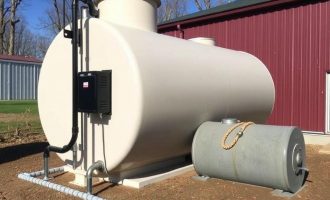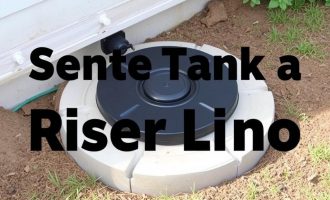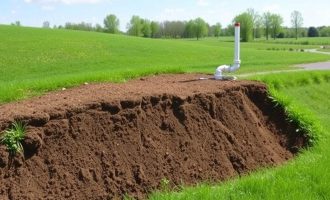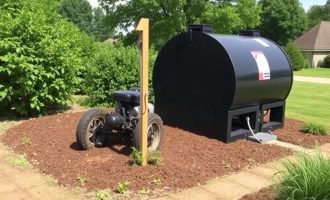If you’re someone who loves your daily cup of coffee and also has a septic tank system at home, you might be wondering if it’s okay to toss your coffee grounds down the drain. It’s a question more common than you think and one that deserves a detailed exploration. After all, your septic tank system is an essential part of your home’s plumbing, and what you put into it can affect its health and longevity. So, are septic tanks and coffee grounds a safe combination, or should you be cautious? In this article, we’ll dive deep into everything you need to know about septic tanks and coffee grounds—discussing how septic systems work, the effects coffee grounds can have, and smart alternatives for disposal.
- Understanding Septic Tanks: What They Are and How They Work
- Why Waste Management in a Septic System Matters
- The Nature of Coffee Grounds: Organic Waste with a Twist
- The Myth vs. Reality of Coffee Grounds and Septic Tanks
- Key Reasons Why Coffee Grounds Might Not Be Safe for Septic Tanks
- Scientific Studies and Septic System Experts’ Views
- Alternatives to Disposing Coffee Grounds in Septic Systems
- How to Maintain Your Septic Tank’s Health
- Myths and Misconceptions About Septic Tank Maintenance
- Summary Table: Pros and Cons of Putting Coffee Grounds in Septic Tank
- What to Do If You Have Accidentally Flushed Coffee Grounds
- Innovations and New Approaches to Organic Waste and Septic Systems
- Final Thoughts on Septic Tank and Coffee Grounds
- Conclusion
Understanding Septic Tanks: What They Are and How They Work
Before we jump into the coffee grounds dilemma, it’s helpful to understand how septic tanks operate. A septic tank is an underground wastewater treatment system commonly used in areas without access to centralized sewer systems. When you flush your toilet or run water down your sinks, all of that wastewater moves into the septic tank.
The tank separates solids from liquids with the heavier solids settling to the bottom forming sludge, while lighter materials float on top as scum. Beneficial bacteria inside the tank work to break down the sludge and scum, gradually digesting organic matter over time. The liquid effluent is then released into a drain field for safe absorption into the soil.
The health of your septic tank depends on maintaining the right balance. Too much solid waste or materials that don’t break down easily can clog the system, leading to backups or expensive repairs.
Why Waste Management in a Septic System Matters
Proper waste management in septic tanks is crucial because septic systems rely on natural biological processes. When you pour or flush things that are hard to break down, it disrupts the bacterial balance. This can cause solids to build up quickly, which means more frequent pumping and even system failure in some cases.
Common items that harm septic tanks include harsh chemicals, grease, wipes, and non-biodegradable products. But what about coffee grounds? After all, they’re organic material; can they be treated the same as, say, food scraps?
The Nature of Coffee Grounds: Organic Waste with a Twist
Coffee grounds are the residue left after brewing coffee. They’re rich in organic matter, which might initially suggest they are harmless or even beneficial when introduced into soil or septic systems.
In fact, coffee grounds have many great properties. They’re rich in nitrogen and other nutrients, and many gardeners swear by them as a natural fertilizer or compost additive. In households with septic tanks, that makes coffee grounds a tempting candidate for disposal down the drain—after all, it’s organic, right?
The Myth vs. Reality of Coffee Grounds and Septic Tanks
It’s commonly believed that pouring coffee grounds down the drain won’t harm your septic system because they are biodegradable. This myth is understandable but overly simplistic. While coffee grounds are organic, they don’t break down as easily or quickly as you might hope once inside the septic tank.
If coffee grounds accumulate faster than bacteria can digest them, they could contribute to sludge buildup. Additionally, because coffee grounds tend to clump together, they can create small blockages in your pipes or the septic system’s inlet and outlet structures.
Key Reasons Why Coffee Grounds Might Not Be Safe for Septic Tanks
Let’s look in detail at the reasons why septic tanks and coffee grounds might not be the best match:
- Slow Decomposition: Coffee grounds take longer to break down compared to other organic waste. This extended decomposition period can cause solids to accumulate more quickly in the septic tank.
- Clumping and Clogging: Because coffee grounds are fine and tend to clump, they can combine with grease and other waste to form blockages, which may lead to clogged pipes or drain field issues.
- Impact on Bacterial Balance: Septic tanks rely on a balanced bacterial ecosystem. Introducing excessive amounts of coffee grounds might disrupt this balance, reducing the tank’s efficiency in processing waste.
- Not a Substitute for Proper Waste Disposal: Pouring coffee grounds down the drain might seem convenient, but it effects septic system maintenance by increasing sludge accumulation and potentially increasing pumping frequency.
Scientific Studies and Septic System Experts’ Views
Some studies and septic system professionals suggest that an occasional small amount of coffee grounds probably won’t cause major issues, but regular disposal of coffee grounds down your sink or toilet could be a problem in the long run. They recommend erring on the side of caution, especially if you want to extend the life of your septic system.
For example, Larry Walker, a certified septic system professional, advises that coffee grounds be kept out of septic systems as much as possible. He notes: “Even though coffee grounds are organic, they contribute to solids buildup and can reduce the septic tank’s ability to process waste efficiently.”
Alternatives to Disposing Coffee Grounds in Septic Systems
If you’ve got a septic tank at home and you want to care for it properly, it’s smart to find other ways to dispose of used coffee grounds. Here are some practical and eco-friendly alternatives to flushing or rinsing them down the drain:
| Alternative | How It Helps | Tips for Use |
|---|---|---|
| Composting | Coffee grounds add nitrogen to compost, enhancing the nutrient content. | Add grounds in thin layers and mix well to avoid clumping. |
| Garden Fertilizer | Used coffee grounds can enrich soil for plants, improving moisture retention and acidity. | Sprinkle grounds directly around acid-loving plants like roses or blueberries. |
| Household Uses | Used as deodorizer, natural scrub, or pest repellent. | Dry used grounds and place them in the fridge or sprinkle around plants to deter pests. |
| Trash Disposal | The safest for septic systems, especially if neither compost nor garden use is an option. | Dispose dried coffee grounds with your regular trash to prevent moisture problems. |
How to Maintain Your Septic Tank’s Health
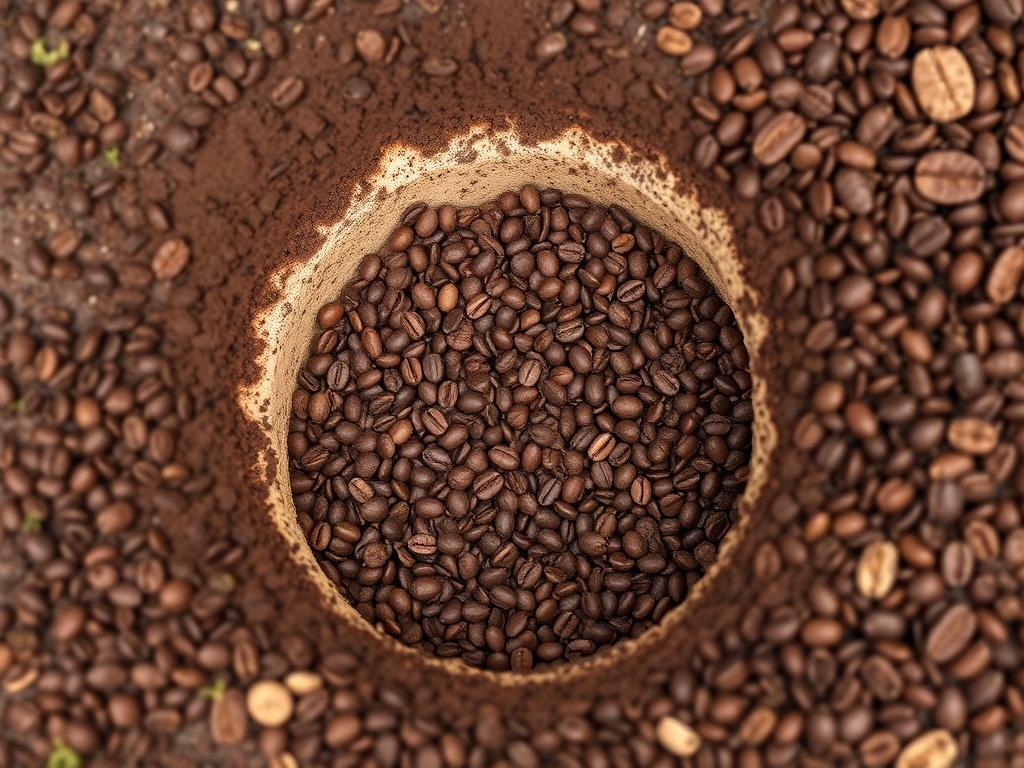
Aside from just managing coffee grounds, it’s important to consider overall septic tank care. Here are some everyday habits and maintenance tips to keep your septic system running cleanly and efficiently:
- Limit Use of Harsh Chemicals: Avoid flushing or pouring bleach, drain cleaners, or antibacterial soaps, as they kill the beneficial bacteria essential for waste breakdown.
- Regular Pumping: Have your septic tank pumped every 3 to 5 years based on usage and professional recommendations to prevent sludge buildup.
- Mind What You Flush: Only waste water, human waste, and toilet paper should be flushed.
- Use Water Wisely: Excessive water use can overwhelm the septic system and lead to early failure, so space out laundry loads and fix leaks promptly.
- Protect the Drain Field: Avoid parking or planting heavy trees over the drain field to prevent damage or interference.
Myths and Misconceptions About Septic Tank Maintenance
Many people believe that septic tanks can handle everything that goes down the drain, but that’s not true. Another common misconception is that additives sold to “clean” septic tanks are a reliable fix. In reality, the best practice is prevention and routine maintenance, including managing input waste like coffee grounds carefully.
Summary Table: Pros and Cons of Putting Coffee Grounds in Septic Tank
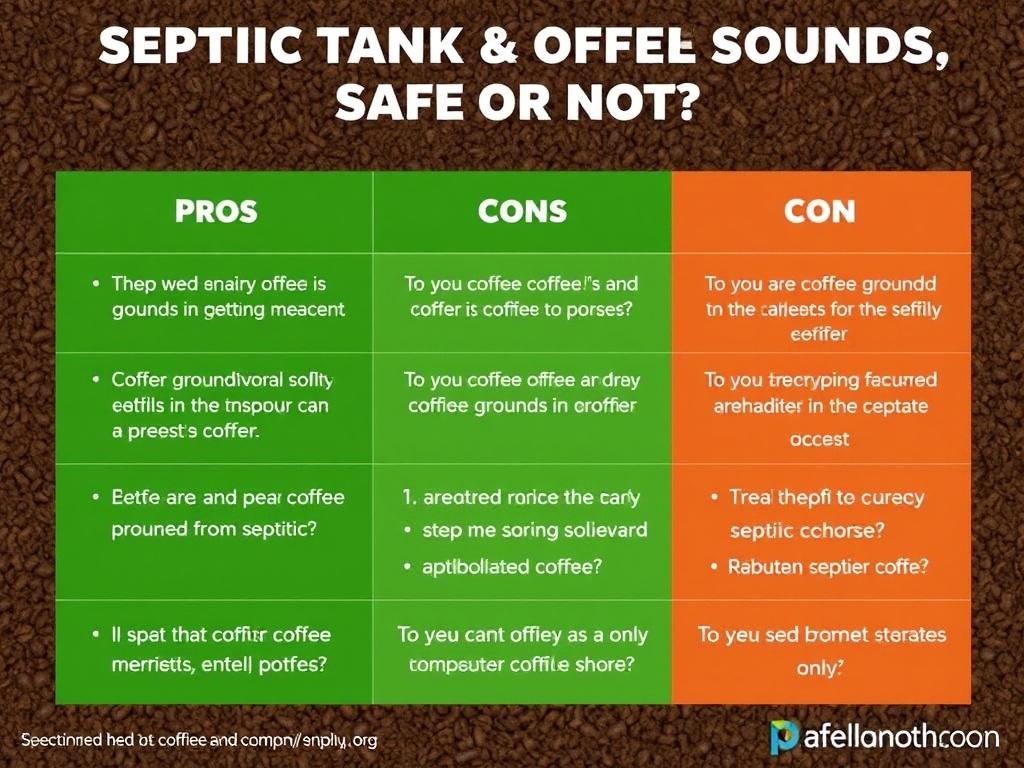
| Pros | Cons |
|---|---|
| Organic material that can be broken down by bacteria Small quantities unlikely to cause immediate harm | Slow to decompose, contributing to sludge buildup Can cause clogs due to clumping nature May disrupt bacterial balance Increases frequency of septic pumping and maintenance |
What to Do If You Have Accidentally Flushed Coffee Grounds
Don’t panic if a few coffee grounds have found their way down your sink or toilet. Small amounts usually won’t cause immediate or severe damage. To mitigate potential effects:
- Ensure your septic tank is regularly inspected and pumped.
- Avoid flushing coffee grounds in the future.
- Consider using septic-safe enzyme treatments, but only under professional guidance.
- Keep an eye out for slow drains or foul odors, which might indicate developing problems.
Early intervention is key; if problems arise, contact a septic professional promptly.
Innovations and New Approaches to Organic Waste and Septic Systems
With growing awareness of environmental impacts, new technologies and products aim to improve how septic systems handle organic waste. Some microbial additives claim to speed up the breakdown of materials like coffee grounds, and home composting solutions continue to gain popularity as safe alternatives.
Additionally, many communities encourage composting food waste, including coffee grounds, through municipal green waste programs. This approach keeps organic waste out of septic systems altogether, protecting their functionality.
Final Thoughts on Septic Tank and Coffee Grounds
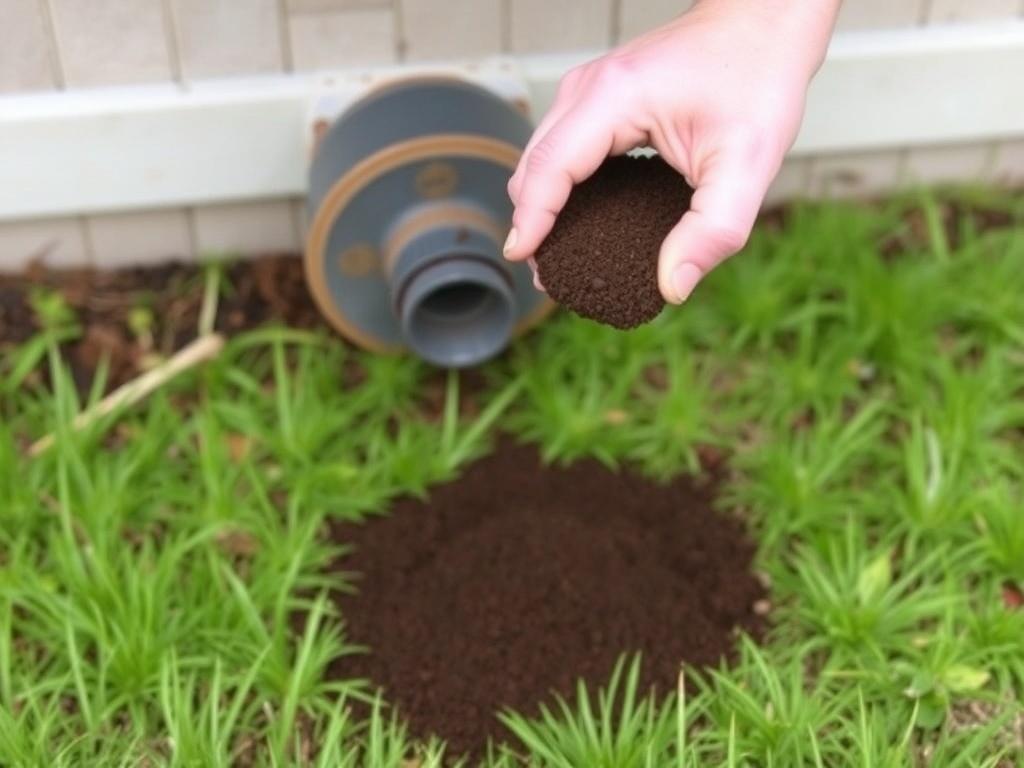
In summary, while coffee grounds are natural and biodegradable, they are not entirely safe for septic tanks when disposed of through sinks or toilets. The slow decomposition and clumping properties cause increased sludge buildup and potential clogs, impacting the septic system’s efficiency and lifespan. The best approach is to find alternative ways to dispose of used coffee grounds, such as composting, using them as garden fertilizer, or safe trash disposal. Maintaining your septic tank’s health involves a combination of careful waste management, regular maintenance, and understanding what products and practices to avoid.
Conclusion
Caring for a septic tank requires thoughtful waste disposal habits, and coffee grounds are one example of a common kitchen waste that should be handled with care. Pouring them down the drain might seem harmless, but they can contribute to issues that cost you time and money. Taking the extra step to compost or recycle your coffee grounds not only extends the life of your septic system but also benefits your garden and the environment. Remember, healthy septic tanks mean healthy homes—so keep your coffee grounds out of the septic system and enjoy your coffee responsibly!
Помогла вам статья?


